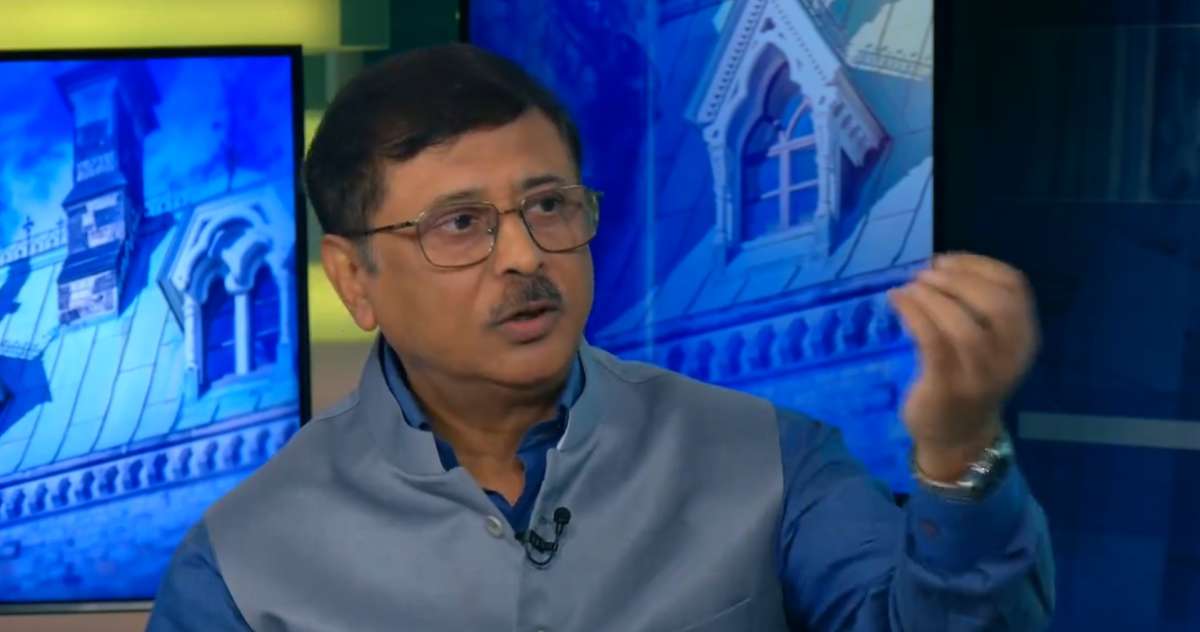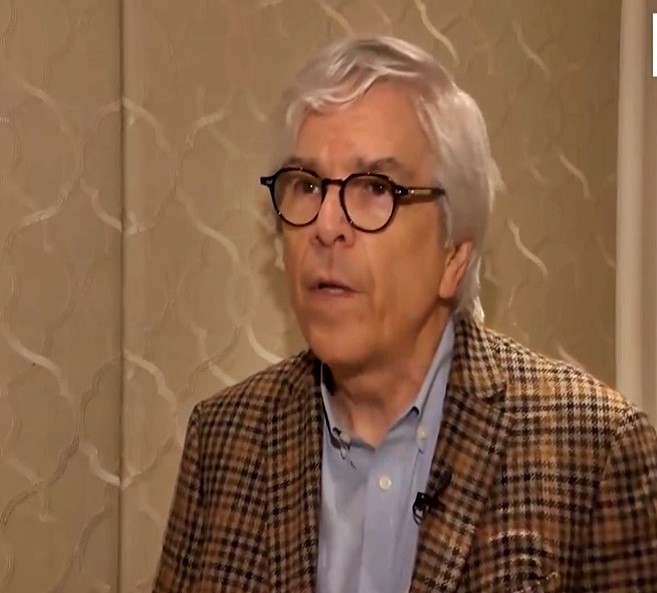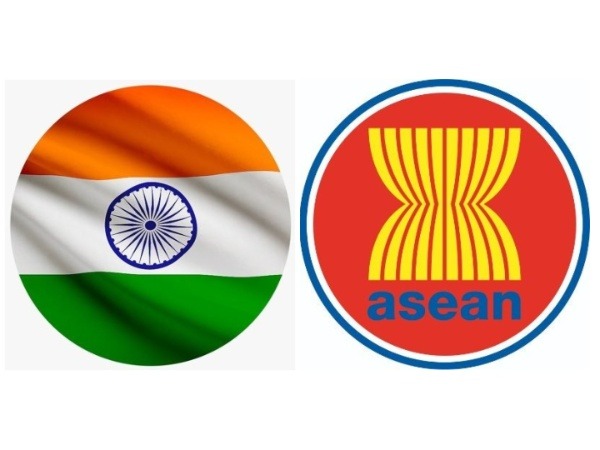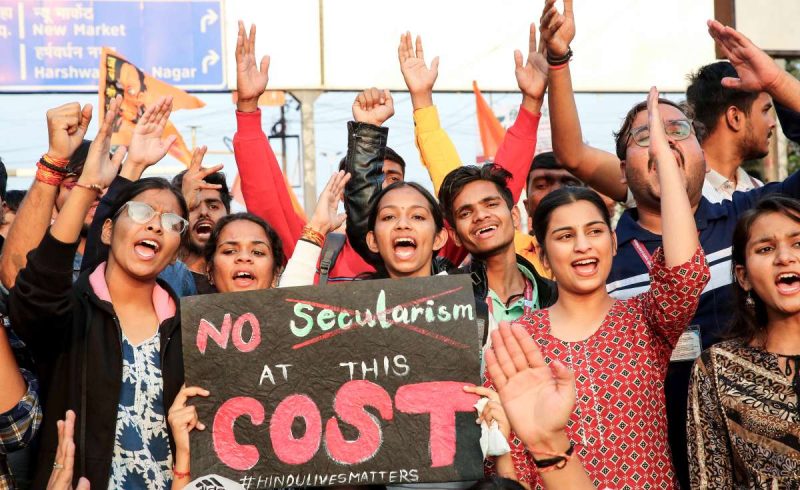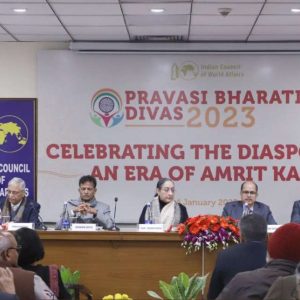Ambassador Verma denied allegations of directing or coercing individuals to gather information on pro-Khalistani activists, including Nijjar….reports Asian Lite News
Recalled Indian High Commissioner to Canada, Sanjay Kumar Verma, denied all charges levelled against him by Ottawa in connection with the killing of Khalistani terrorist Hardeep Singh Nijjar.
In an interview with Canada-based CTV News, He reiterated New Delhi’s position that “no evidence” has been shared by Ottawa on the matter, while terming the whole episode as “politically motivated”.
This comes days after Canada labelled the High Commissioner and five other Indian diplomats as “persons of interest” in the killing of NIA designated terrorist Hardeep Nijjar, following which India issued a strong condemnation and recalled six diplomats including Verma.
Verma affirmed, “No evidence presented. Politically motivated.”
“Let me see what concrete evidence she is talking (foreign minister Melanie Joy) about. As I am concerned, she is talking politically,” he added.
Ambassador Verma denied allegations of directing or coercing individuals to gather information on pro-Khalistani activists, including Nijjar.
“I as High Commissioner of India had never done anything of that kind,” he stated. He explained that monitoring pro-Khalistani elements in Canada is a matter of national interest, and his team gathers information through open sources.
“We read the newspapers, we read their statements, since we understand Punjabi, so we read their social media posts and try to infer from there,” Verma clarified.
Regarding the murder of Nijjar, Verma condemned the act, saying, “Any murder is wrong and bad. I do condemn.” He emphasized India’s commitment to not engaging in extrajudicial killings on any territory, adding, “It should not happen anywhere in the world.”
Verma expressed concern over Canada’s handling of the investigation, referencing the 26 dossiers sent by India seeking cooperation. “What has happened? Don’t we do that in the extradition cases?” he asked.
The interview comes amid strained relations between India and Canada over the murder investigation.
The ties between India and Canada soured after Trudeau alleged in the Canadian Parliament last year that he has “credible allegations” of India’s hand in the killing of Khalistani terrorist Hardeep Singh Nijjar.
India has denied all the allegations, calling them “absurd” and “motivated” and has accused Canada of giving space to extremist and anti-India elements in their country.
Nijjar, who was designated a terrorist by India’s National Investigation Agency in 2020, was shot and killed outside a Gurdwara in Surrey in June last year. (ANI)
ALSO READ: Stage set for crucial BRICS summit


